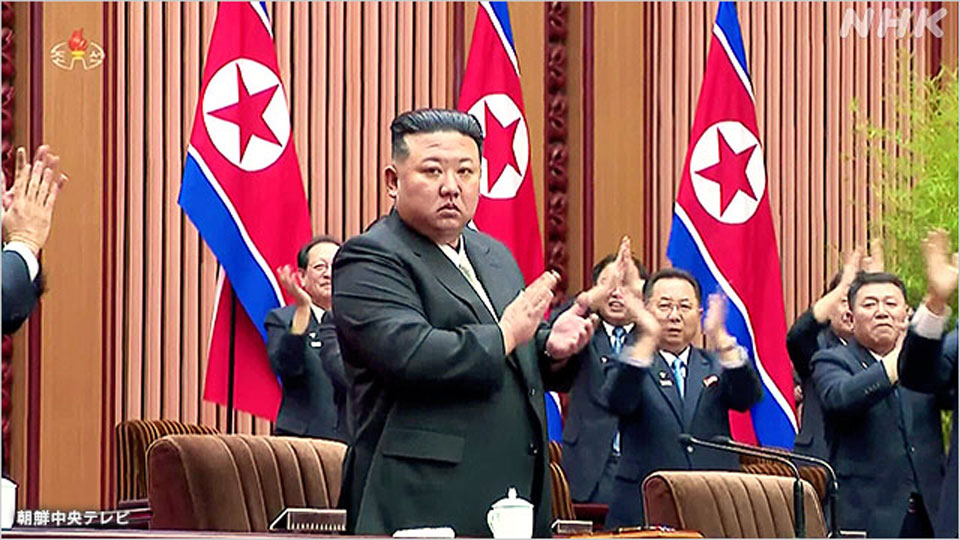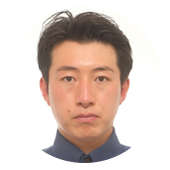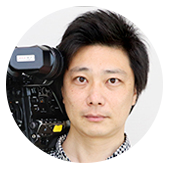North Korea was back on the big sporting stage for the first time in five years when it sent a team of athletes to the Games, held from late September to early October.
And in keeping with precedent, Pyongyang deployed its legendary cheerleading squad — a platoon of uniformly dressed and perfectly synchronized supporters — to roar on the country's roughly 180 competitors.
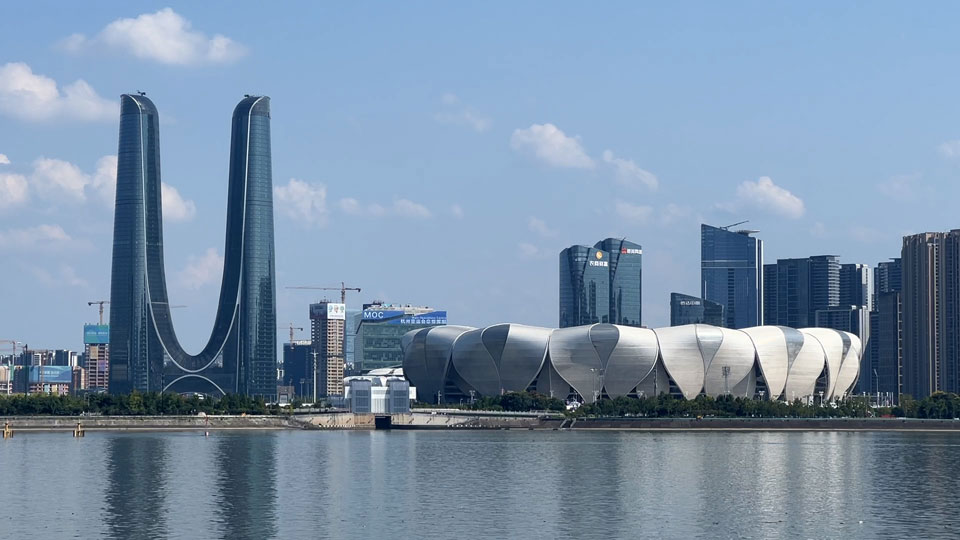
But the mood between the contingents from North and South Korea was markedly different to what prevailed at the last Asian Games in 2018.
Back then, the two sides fielded joint teams and paraded together, the result of an agreement at a summit earlier in the year.
This time, all such amity was gone. The North set the tone for a frosty three-week encounter by calling the South's competitors a group of "puppets."
Following a men's judo match, a North Korean athlete refused his South Korean competitor's request for a handshake — even though, according to South Korean media, the two belonged to a joint team five years ago.
And in the men's team shooting competition, the North's competitors turned away from the South Korean flag at the awards ceremony.
Athletes, cheerleaders snub media
The chill wasn't solely reserved for Pyongyang's arch-rivals, either.
At a men's soccer match with Taiwan in the city of Jinhua, the North's players largely ignored the media as they headed to the venue. They were just as aloof after the match, which they won 2-0.
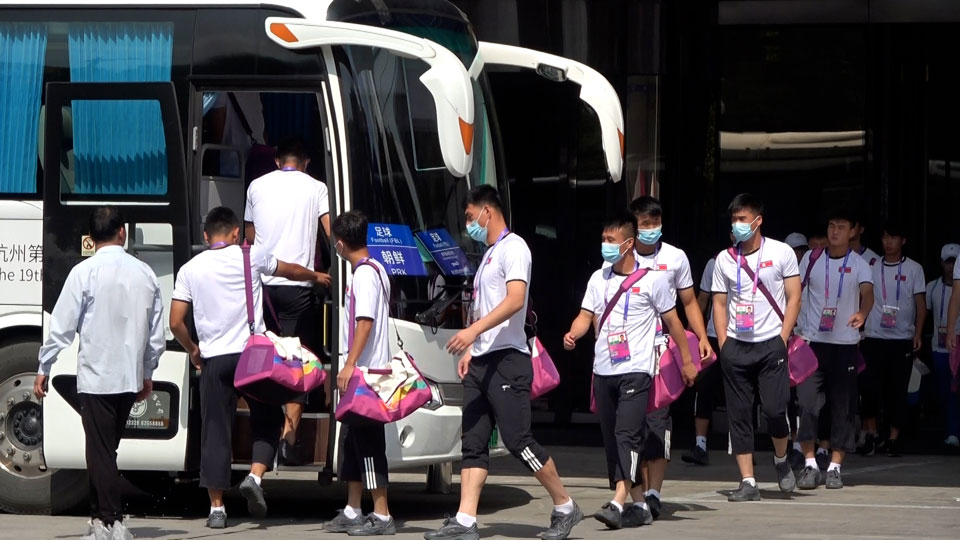
It wasn't until the team's second outing, against Kyrgyzstan, that the cheerleading squad appeared.
Half an hour before kick-off, amid heightened security, a bus disgorged a crowd of around 40 people, mostly young women in matching white T-shirts bearing the North Korean flag.
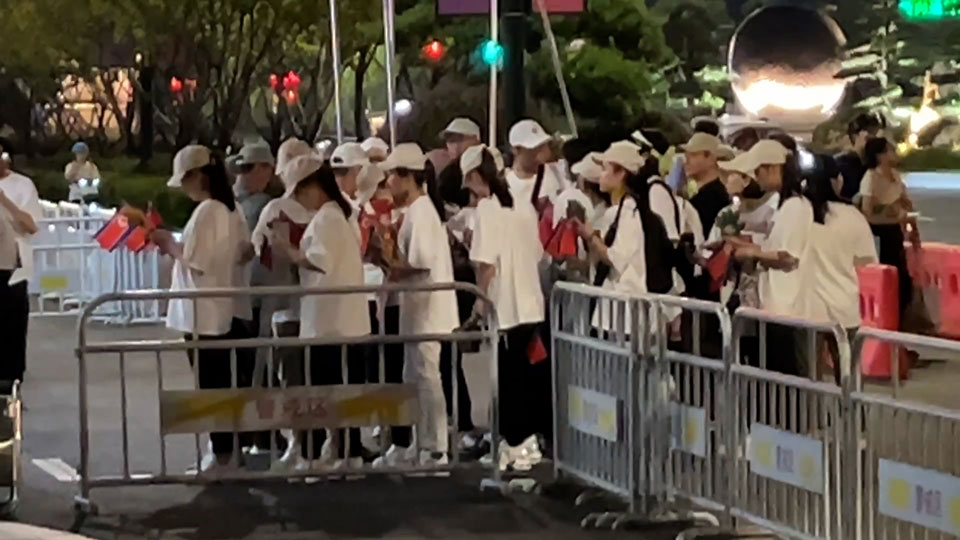
Like the players they were there to support, the cheerleaders studiously ignored the waiting media. But during the match, they were patriotism personified.
"Korea is strong!" they chanted at one point. "Today we will be victorious!" at another.
It's not unusual for athletes and cheerleaders from the North to be standoffish to the media, but sources say the delegates this time were under strict instructions not to respond to requests for comment.
The cheerleading squad was also considerably smaller than at past events. And rather than being sent over from North Korea, the members were apparently hand-picked from within China.
Connection to the regime
The squad has previously been the subject of intense scrutiny. At the 2018 PyeongChang Winter Olympics in South Korea, the members found themselves in the middle of a controversy after wearing matching masks of an unknown man.
Some reports suggested it was meant to be a likeness of a young President Kim Il Sung, the North's founder and grandfather of current Supreme Leader Kim Jong Un.
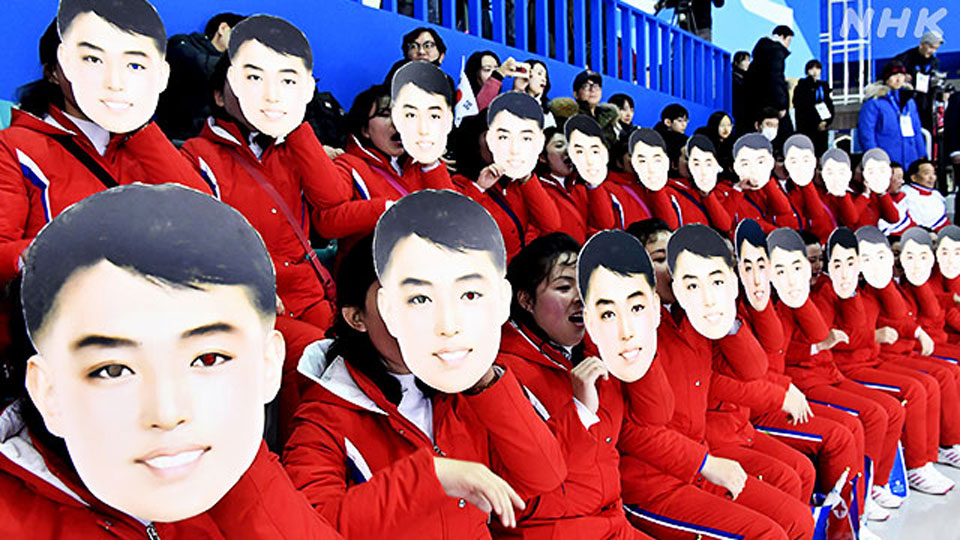
The squad is also believed to have a direct connection with the regime — Kim Jong Un's wife, Ri Sol Ju, was reportedly a member for the 2005 Asian Athletics Championships in South Korea.
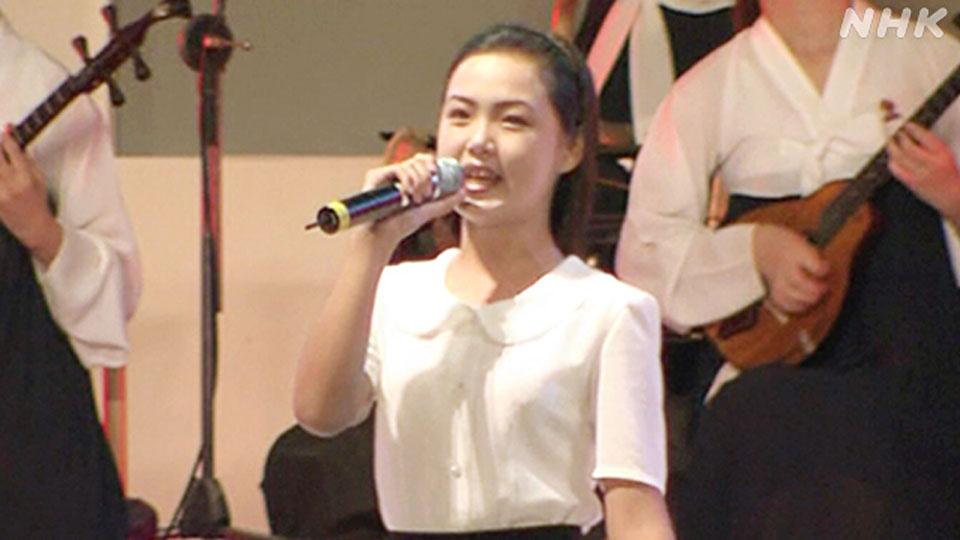
For more insight, we spoke with Keio University political scientist and North Korean studies professor, Isozaki Atsuhito.
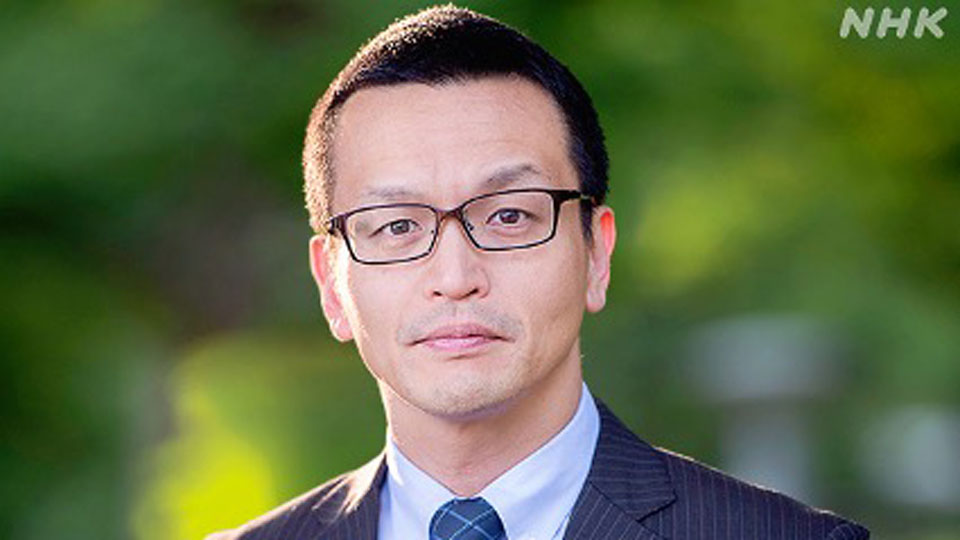
What's the idea behind the cheerleading squad?
After the first inter-Korean Summit in 2000, North Korea began sending these large squads, mostly made up of women, to international sporting events in South Korea. The North is said to be a propaganda state, which means it uses publicity stunts to curry positive responses, such as widespread reporting on the squad's synchronized, sophisticated cheering.
Who exactly are they?
North Koreans can't freely travel abroad. So the cheerleaders play a crucial role in promoting the country overseas. Squad members are selected based on a range of criteria, such as beauty and musical ability, and they have to be sufficiently committed to the regime's ideology so that they won't be a risk on their return. They're coached to remain unfazed by any cultural differences they may encounter.
Why the word 'puppet'?
It's obviously a reference to the relationship between the South and the United States. The North is insinuating that the South is a lapdog. South Korean President Yoon Suk Yeol has made some tough statements about the North — even declaring that his administration will bring the regime "to an end."
In response, the North has been equally unequivocal. Since the beginning of the year, it has consistently referred to the South not as South Korea, as it did in the past, but by its official name, the Republic of Korea, and always using quotation marks.
This seems to be a form of sarcasm. It's like Pyongyang is saying, "You're still calling yourself a sovereign nation even though you're a puppet of the United States?"
In August, Kim Jong Un even referred to South Korea using its official name. That gives us some insight into where things stand.
